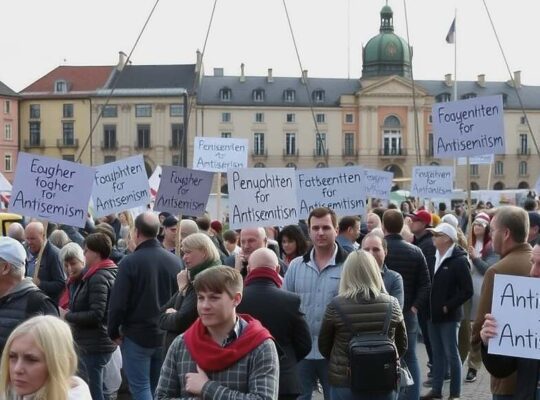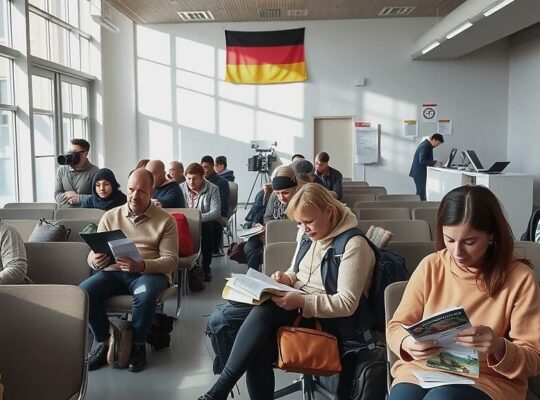A critical assessment by North Rhine-Westphalia’s State Audit Office (LRH) has ignited a political debate surrounding the financing of policing for high-risk football matches. The LRH’s report, submitted to the Düsseldorf Interior Ministry and detailed in a Spiegel report, argues that the German Football Association (DFB) and the German Football League (DFL) should bear a significant portion of the costs associated with securing these events.
The audit reveals that approximately €8 million in public funds could have been saved last season alone if the costs for high-risk games in the top three leagues had been offset by the organizations generating the revenue. Expanding this model to matches deemed of moderate risk, the potential savings balloon to an estimated €15 million.
The LRH’s assessment directly questions the current system, asserting that it is “unjustifiable” for taxpayers to regularly shoulder substantial financial burdens to ensure security at games whose profits primarily benefit private entities. The report highlights the “Bremen model” where fees are levied on high-risk matches, as a potential solution for equitable cost sharing.
The timing of the report is particularly sensitive. The North Rhine-Westphalia police force is currently under pressure to identify cost-cutting measures. Adding complexity to the situation is the fact that Interior Minister Herbert Reul, a member of the CDU, is a known and ardent supporter of Bayer 04 Leverkusen, a club frequently involved in high-risk matches. This potential conflict of interest raises concerns about the impartiality of policy decisions regarding the financial responsibilities of football authorities.
The LRH’s findings are likely to intensify pressure on the DFB and DFL to contribute financially to match security, prompting a broader discussion about the relationship between public funding and the commercial interests driving the popularity of professional football in Germany. The debate extends beyond mere finances, touching on issues of accountability and fairness in the allocation of public resources.












